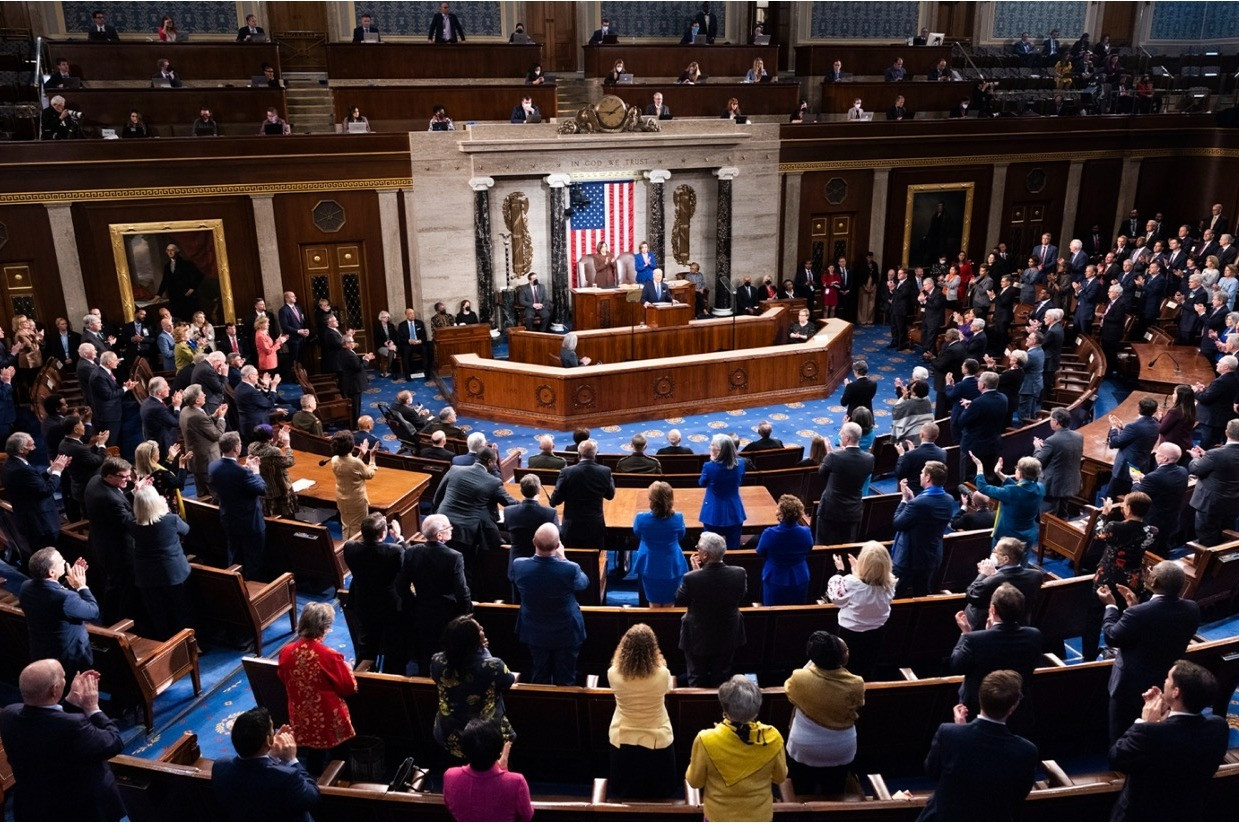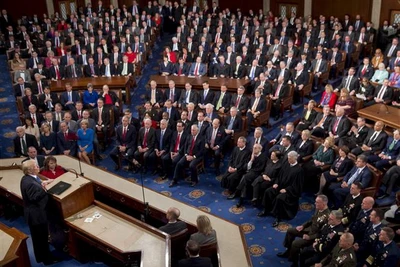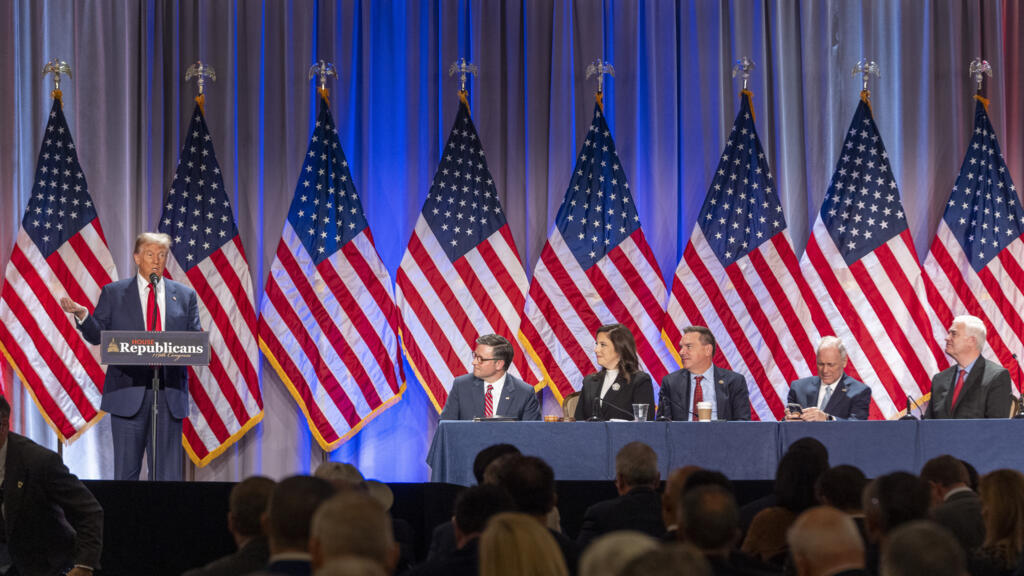Shutdown Stalemate Ends: Bipartisan Deal Reopens Government After 40 Days of Chaos
By Elena Vasquez, Political Correspondent Washington, D.C. – November 10, 2025
In a dramatic late-night breakthrough, Republicans and a faction of moderate Democratic senators have forged a tentative agreement to end the longest government shutdown in U.S. history after 40 grueling days, according to multiple sources familiar with the negotiations. The deal, hashed out over marathon weekend sessions in the Capitol, averts an immediate catastrophe for millions of federal workers and essential services, but it leaves unresolved a bitter partisan fight over Affordable Care Act (ACA) subsidies that fueled the impasse.
The shutdown, which began on October 1 amid disagreements over federal spending and health care funding, has paralyzed swaths of government operations, furloughed 2.1 million civilian employees, and strained critical programs like food assistance and air traffic control. With Thanksgiving looming, the crisis had escalated into a humanitarian and economic quagmire, costing the economy an estimated $18 billion and drawing widespread public ire. Polls consistently showed Republicans bearing the brunt of blame, with President Donald Trump’s hardline stance on ACA reforms cited as a primary roadblock.

Sources close to the talks, speaking on condition of anonymity to discuss private deliberations, confirmed the framework late Sunday. It includes funding the government through January 30, 2026, alongside three full-year appropriations bills covering military construction, veterans affairs, the legislative branch, and agriculture. Notably, the package allocates $203.5 million for enhanced congressional security and $852 million for the U.S. Capitol Police, addressing post-January 6 vulnerabilities. It also ensures full funding for the Supplemental Nutrition Assistance Program (SNAP) through fiscal year 2026, reversing a Trump administration attempt to pause payments that was halted by courts.
At the heart of the compromise: a promise from Senate Majority Leader John Thune (R-S.D.) for a standalone December vote on extending pandemic-era ACA tax credits, which expire at year’s end and could double premiums for 21 million Americans shopping for 2026 plans. Democrats had demanded this extension as a non-negotiable for reopening the government, but after 14 failed procedural votes—where only three Democrats crossed the aisle—moderates relented. The deal also mandates reinstating thousands of federal workers fired during the shutdown and includes protections against future arbitrary dismissals, a concession to Democratic concerns over Trump’s workforce purges.
Key Democratic negotiators—Sens. Jeanne Shaheen (D-N.H.), Maggie Hassan (D-N.H.), Angus King (I-Maine), and Tim Kaine (D-Va.)—bridged the divide with GOP counterparts, securing enough support to clear the Senate’s 60-vote filibuster threshold. “The length of the shutdown and the pain it’s inflicting on Americans changed the calculus,” Sen. King said in a statement, echoing sentiments from colleagues weary of the stalemate. Their pivot drew immediate backlash from progressives, who accused the group of capitulation. “Don’t let this all be for nothing,” blasted one observer on social media, capturing the frustration rippling through left-leaning circles.
The Senate cleared a crucial procedural hurdle Sunday evening, advancing the House-passed continuing resolution for amendment. Final passage could come as early as Monday, followed by House approval—where Speaker Mike Johnson (R-La.) faces his own party revolt—and Trump’s signature. President Trump, who urged senators to “stay in town until they have a Deal” via Truth Social last week, is expected to sign without fanfare, prioritizing stability ahead of midterm jockeying.

House Minority Leader Hakeem Jeffries (D-N.Y.) vowed fierce opposition in the lower chamber, slamming the bill as a “Republican taxpayer-funded vacation” that ignores the health care crisis. “We will not support spending legislation that fails to extend the ACA tax credits,” Jeffries declared, signaling potential delays if Democrats hold the line. Yet, with Republicans controlling both chambers post-2024, the measure’s momentum appears unstoppable, buoyed by market optimism—crude oil prices ticked up 2% Monday on hopes of a swift resolution.
The shutdown’s toll was stark: 800,000 essential workers toiled without pay, national parks shuttered, and TSA lines ballooned, stranding travelers. Food banks reported a 30% surge in demand, while IRS tax refunds stalled, hitting holiday budgets. Economists warn of lingering scars, including a potential 0.5% GDP dip in Q4. For federal employees like Smithsonian curator Maria Lopez, the relief is palpable: “We’ve borrowed against our 401(k)s just to eat. This ends the nightmare.”
Republicans hailed the pact as a win for fiscal restraint, with Thune crediting Trump’s pressure tactics. “We’ve protected core priorities without caving to Democrat demands,” he said on the floor, though the December vote concession drew grumbles from hardliners. Democrats, meanwhile, frame it as a tactical retreat to regroup. Schumer’s Friday offer—for simultaneous shutdown-ending votes and a bipartisan ACA committee—was rebuffed as a “non-starter,” but the ensuing talks yielded this olive branch.

This saga echoes the 2018-19 shutdown, the prior record-holder at 35 days, also under Trump and tied to border wall funding. That episode cost $11 billion and eroded GOP support in suburbs; polls suggest this one could amplify Democratic gains in 2026 midterms. As backroom haggling persists—sticking points include exact reinstatement timelines for fired workers—the Capitol buzzes with cautious optimism.
For now, the deal signals Washington’s weary return to functionality, a fragile truce in an era of trench warfare. “Public service isn’t about the win; it’s about the work,” Sen. Hassan posted on X post-vote, encapsulating the exhaustion. With appropriations deadlines looming anew in January, lawmakers face a stark reminder: In divided government, shutdowns are symptoms, not cures.





